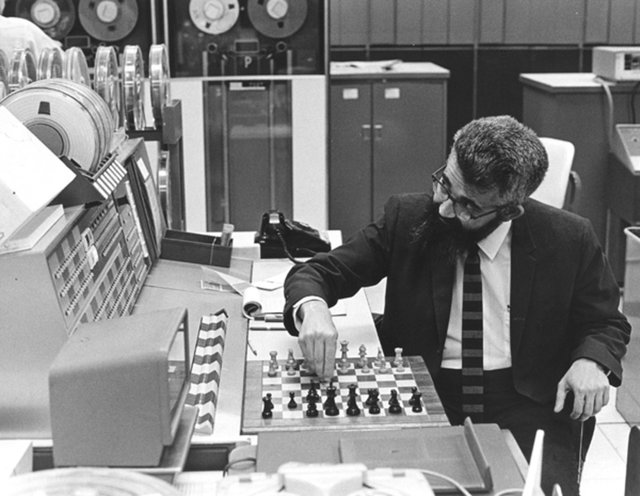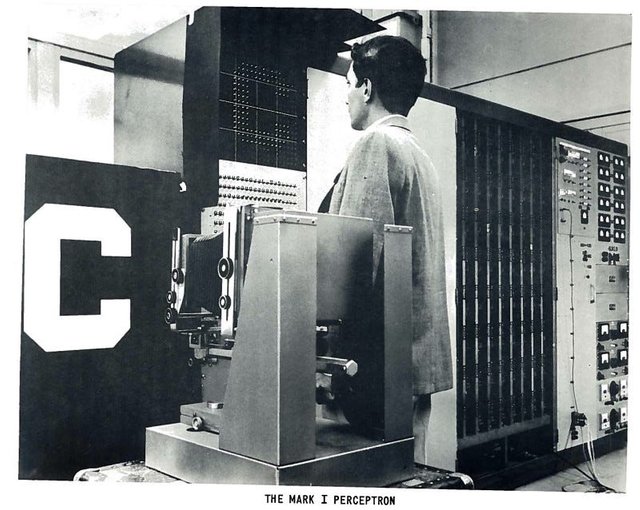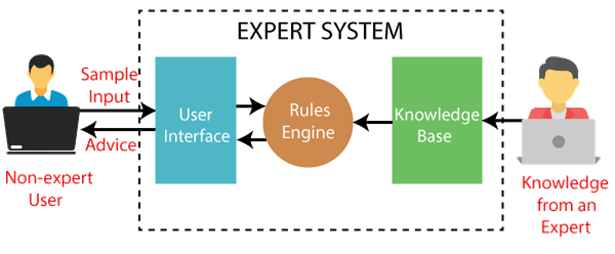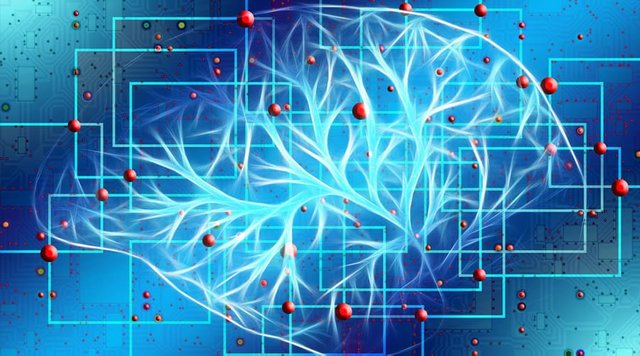Artificial Intelligence, commonly known as AI, has come a long way since its conceptualization. What began as a mere idea in the minds of early visionaries has now grown into a powerful force that influences nearly every aspect of modern life. This article takes you on a journey through the historical development of AI, from its humble beginnings to the groundbreaking achievements of today, and speculates on the future possibilities that lie ahead.
I. The Birth of AI:
The origins of AI can be traced back to the 1940s when the concept of "thinking machines" intrigued mathematicians and scientists. Alan Turing, a pioneer in computer science, posed the question, "Can machines think?" in his influential paper titled "Computing Machinery and Intelligence" in 1950. This question laid the foundation for the field of AI and the Turing Test, a benchmark for evaluating machine intelligence.

II. Early AI Research:
In the 1950s and 1960s, AI research made significant strides as scientists explored symbolic AI and logic-based reasoning. The Dartmouth Conference, held in 1956, is often considered the birth of AI as a field of study. During this period, researchers developed early AI programs to play games like chess and checkers, paving the way for the study of game-playing algorithms.

III. The AI Winter:
Despite initial enthusiasm, progress in AI faced several challenges in the 1970s and 1980s, leading to what was termed the "AI winter." Funding for AI research dwindled due to unmet expectations, and early AI systems struggled to deliver on their promises. This downturn prompted a reassessment of AI goals and approaches.

IV. Expert Systems and Knowledge-Based AI:
In the 1980s, AI experienced a resurgence with the advent of expert systems. These AI applications utilized rule-based systems and knowledge representation to mimic human expertise in specific domains. While expert systems proved successful in certain applications, they were limited by their lack of learning and adaptability.

V. Machine Learning Renaissance:
The late 1990s and early 2000s marked a renaissance in AI research, driven by advancements in machine learning algorithms and computational power. Machine learning enabled AI systems to learn from data and improve their performance over time. Support Vector Machines (SVM), neural networks, and decision trees became popular tools in the AI toolbox.

VI. Deep Learning Breakthroughs:
The breakthroughs in deep learning during the 2010s revolutionized the AI landscape. Deep learning models, especially deep neural networks, demonstrated unparalleled performance in tasks such as image recognition, natural language processing, and speech recognition. This led to the development of smart personal assistants like Siri and Alexa, and autonomous vehicles, among other applications.

VII. AI Integration in Various Industries:
Today, AI has found applications in diverse industries, including healthcare, finance, agriculture, marketing, and entertainment. It has enhanced medical diagnosis, optimized financial operations, improved crop yield predictions, and personalized user experiences.

VIII. Future Possibilities:
The future of AI is brimming with exciting possibilities. As computing power continues to advance and data becomes more accessible, AI systems are likely to become even more powerful and pervasive. AI is poised to revolutionize areas like augmented reality, autonomous robotics, smart cities, and precision medicine. However, ethical considerations, such as data privacy and bias, will be crucial to address to ensure responsible AI development.
To conclude with, The evolution of AI from its inception to the present day has been a remarkable journey. From the early conceptualizations to the breakthroughs in deep learning, AI has steadily matured into a technology that impacts our daily lives in profound ways. As we venture into the future, the possibilities are vast, and AI's potential to transform industries and solve complex problems remains limitless. The key lies in ensuring that AI development is guided by ethical principles and a commitment to societal benefit, ultimately creating a future where AI augments human capabilities and leads us toward a more innovative and sustainable world
ZBZOB ROJOLA
Downvoting a post can decrease pending rewards and make it less visible. Common reasons:
Submit